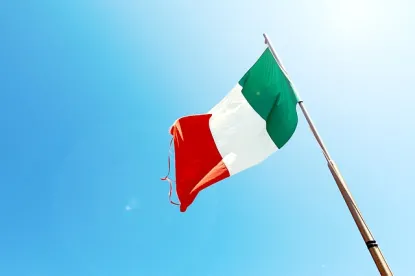Dr. Franceso Zambon, an epidemiologist with the United Nations, says he is facing retaliation after reporting pressure to falsify data that was in a WHO report on Italy’s coronavirus response.
According to the Associated Press, Zambon was an author of the report, which was intended to help other countries prepare and respond as the pandemic continued to spread. However, the report noted that Italy had not updated its pandemic preparedness plan since 2006. Zambon says that he was pressured to conceal the out-of-date plan, instructed to “correct” the data to show that Italy’s plan was “last updated in 2016.”
After the report was published, it was permanently pulled from the WHO website for “factual inaccuracies.” Zambon, however, states the only inaccuracy was regarding a since-corrected timeline of the virus, causing speculation it was pulled to prevent criticism of the Italian government.
Zambon says he refused to comply with the request as the plan for 2016-2017 was the same as in 2006, and therefore, to say it was updated would be untrue. He further warned that allowing Italian political interests to suppress the data could lead to more lost lives and damage to the WHO’s reputation. In May 2020, in compliance with WHO regulations and value of integrity, he filed an internal ethics complaint. Zambon since reports being isolated professionally as a result of his reporting alleged misconduct, and now calls for agency action to protect whistleblowers.
In the United States, a patchwork of federal and state whistleblower laws protects individuals that report pandemic related fraudulent conduct. These laws, and more specifically the False Claims Act, provide a means to ensure government integrity and ethical conduct in the battle against coronavirus. Moreover, it provides anti-retaliation provisions that would protect a whistleblower. In the case of public health officials like Zambon, precedent affords First Amendment protections to state and local government workers on matters of public concern, and therefore should fully protect these employees when blowing the whistle on violations concerning the government’s pandemic response.
Although the laws protecting whistleblowers are well-established and extensive, they remain confusing and create a risk for loopholes that may allow retaliation to occur. It is important for those considering blowing the whistle on fraud to seek legal assistance from an experienced whistleblower attorney.
This article was written by Kristina Daniels.




 />i
/>i
